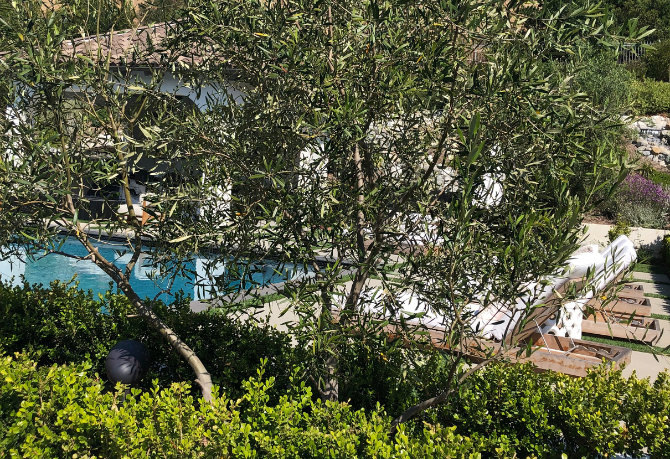Have you seen the captivating nature of fruitless olive trees? These unique trees are absolutely beautiful , with their ornamental value and intriguing characteristics.
1. Why fruitless olive trees ?
Because they possess both beauty and resilience. Unlike fruit-bearing olive trees, they do not produce edible olives. This makes them an ideal choice for those who appreciate the aesthetic appeal of olive trees but prefer not to deal with the maintenance and harvest associated with fruit production.
2. What makes fruitless olive trees so visually appealing?
Fruitless olive trees, also known as sterile or non-fruiting olive trees, are primarily grown for their ornamental value. These trees have attractive gray-green foliage and an elegant, twisted trunk that adds beauty and character to landscapes. They are commonly used as focal points in gardens and as shade trees in outdoor spaces.
3. How do fruitless olive trees require less maintenance?
One advantage of fruitless olive trees is their low maintenance nature. Since they lack fruit production, there is no need for regular pruning or harvesting. Making them a convenient choice for those seeking a hassle-free tree.
4. What makes fruitless olive trees drought-tolerant?
Olive trees are known for their drought tolerance. They have adapted to thrive in Mediterranean climates, where dry summers and limited water availability are common. Olive trees have developed deep root systems that allow them to access water from deeper soil layers. They are also able to withstand periods of drought by conserving water through mechanisms such as closing their stomata (pores on the leaves) to reduce water loss through transpiration.
While olive trees can tolerate drought conditions, it is important to note that young trees and newly planted olive trees require regular watering until they establish their root systems. Once established, mature olive trees can generally withstand drought conditions and are considered relatively drought tolerant
5. How big do olive trees grow?
Fruitless olive trees generally reach a height of 25-30 feet as they mature over several years. However, you can control the size of your fruitless olive tree through regular pruning, preventing it from becoming too large.
6. Do fruitless olive trees shed leaves
Fruitless olive trees are evergreen, meaning they retain their leaves throughout most of the year. While they may shed a few leaves periodically, excessive leaf loss or yellowing leaves could indicate a potential issue such as disease or inadequate care.
To minimize leaf shedding, it is advisable to prune your fruitless olive tree in early spring, before new buds emerge. Regular pruning promotes uniform leaf growth and helps maintain a full canopy that extends over your outdoor area, reducing the likelihood of leaf loss.
7. Do fruitless olive trees have a long lifespan?
Yes. Fruitless olive trees are renowned for their longevity. With proper care, they can live for centuries.
8. How can fruitless olive trees be used in landscaping?
Fruitless olive trees are versatile in landscaping design. They can serve as focal points in gardens, create privacy screens when planted in rows, or even be pruned into topiary shapes.
9. What are the ideal climate conditions for fruitless olive trees?
Fruitless olive trees thrive in regions with a Mediterranean climate, characterized by hot, dry summers and mild, wet winters.
10. What are the additional benefits of fruitless olive trees in landscaping?
In addition to their visual appeal, fruitless olive trees offer various landscape benefits. They provide shade, reduce soil erosion, and act as windbreaks.
11. What is the symbolic significance of fruitless olive trees?
Olive trees, including their fruitless varieties, hold symbolic significance in various cultures. They are associated with peace, prosperity, and resilience.
Fruitless olive trees hold a special significance in the horticultural world, enchanting us with their distinctive allure and enduring beauty. We invite you to visit Ramy’s Nursery in Reseda, where we proudly cultivate our own olive trees and offer them at competitive prices.


